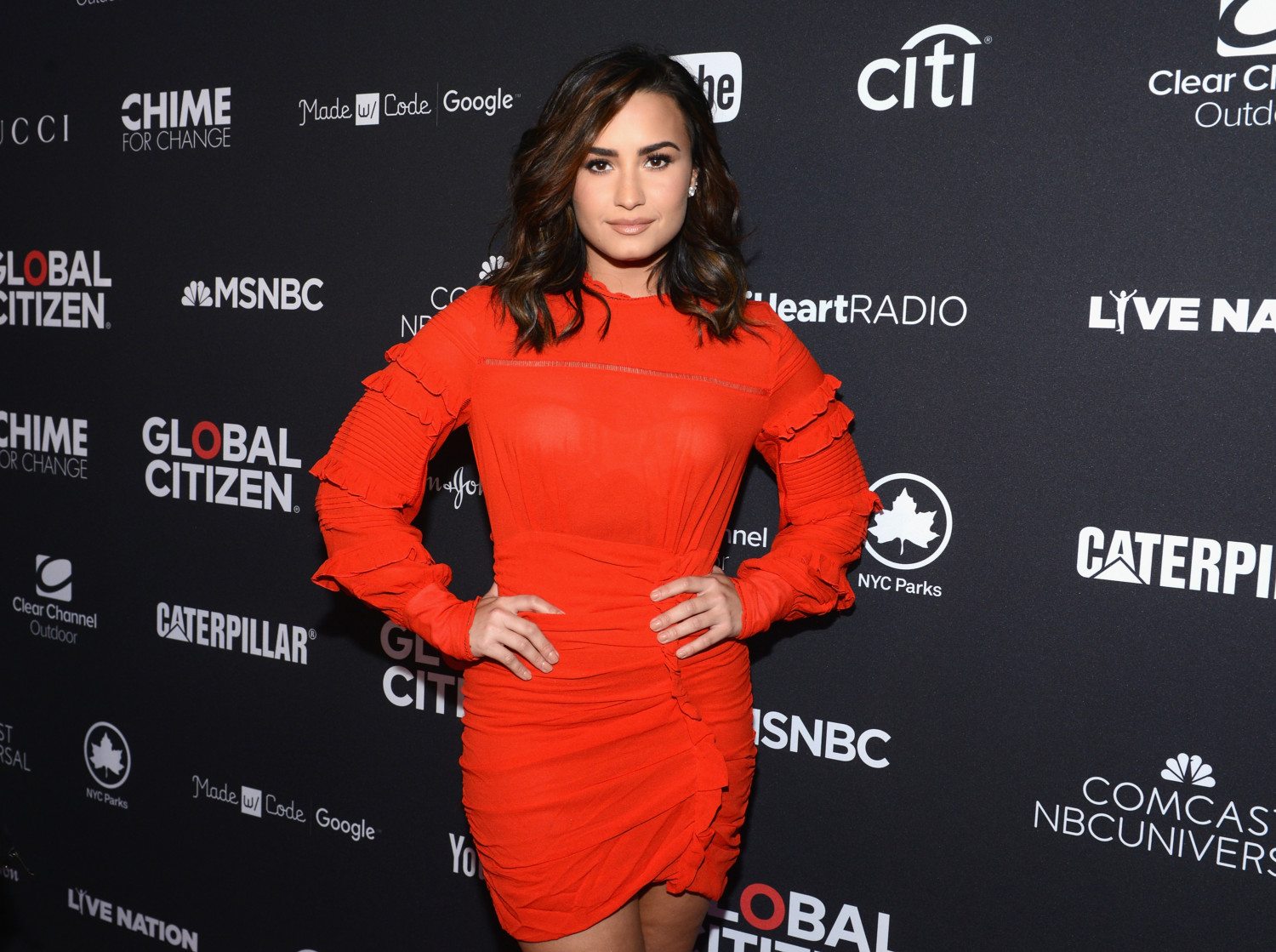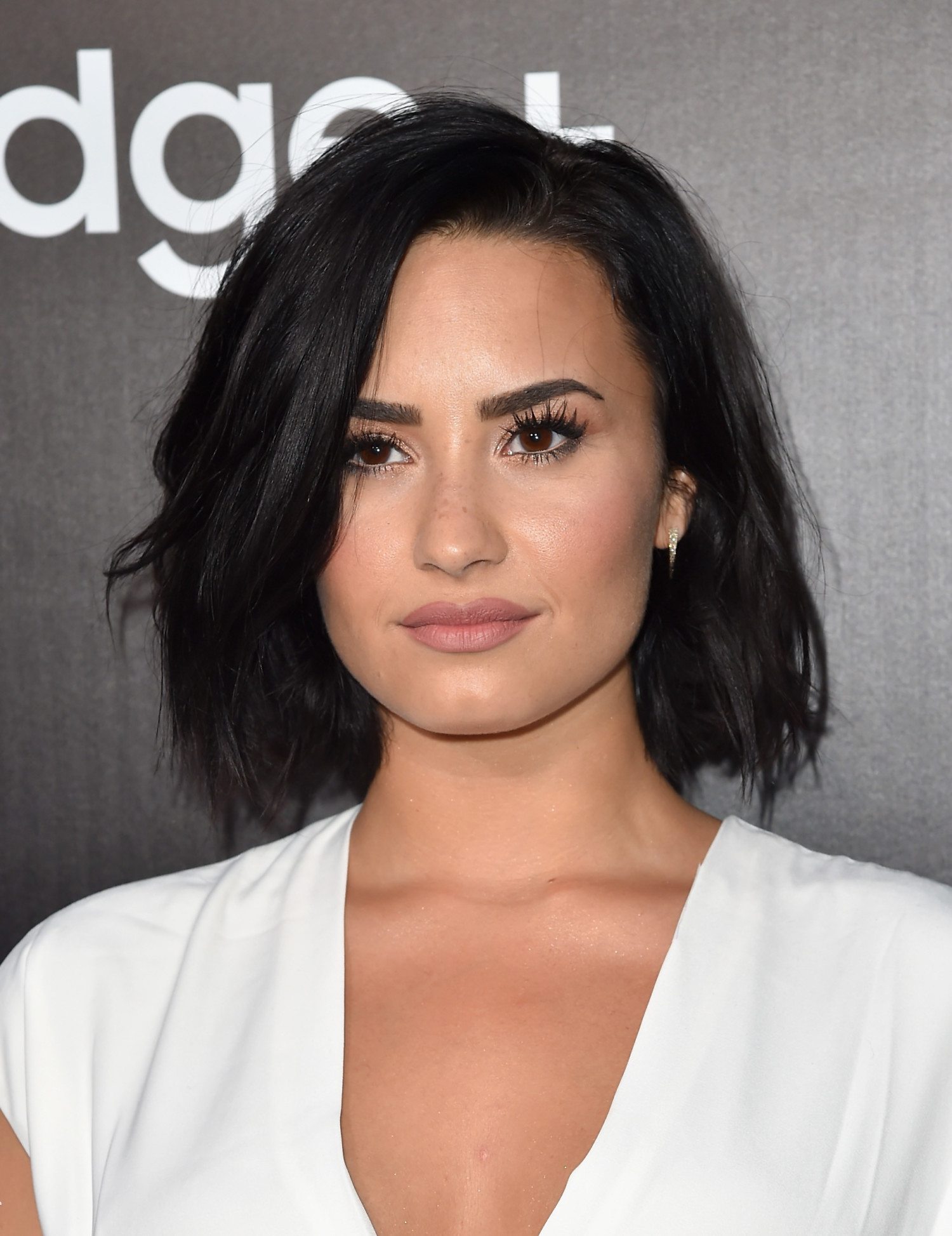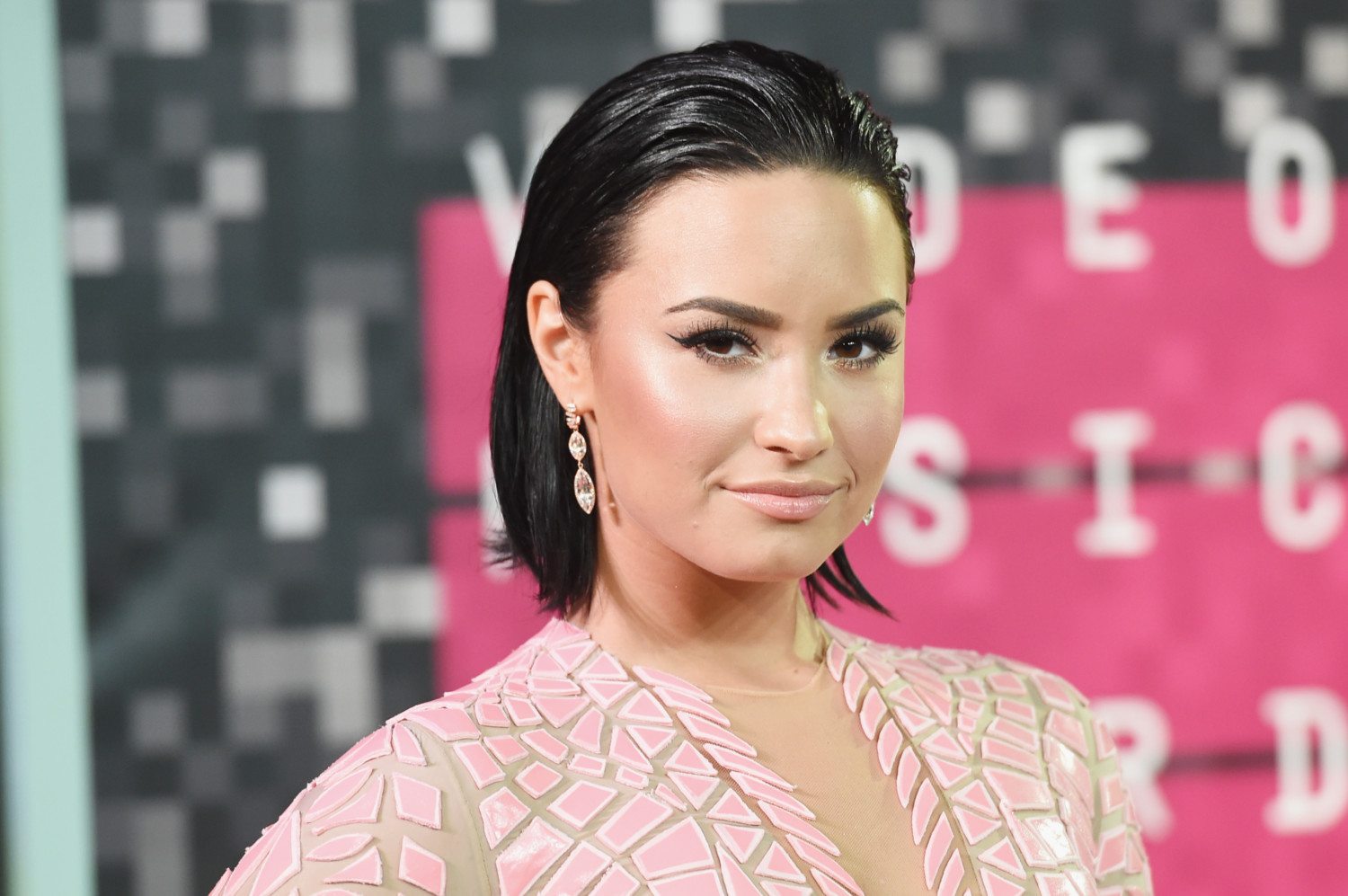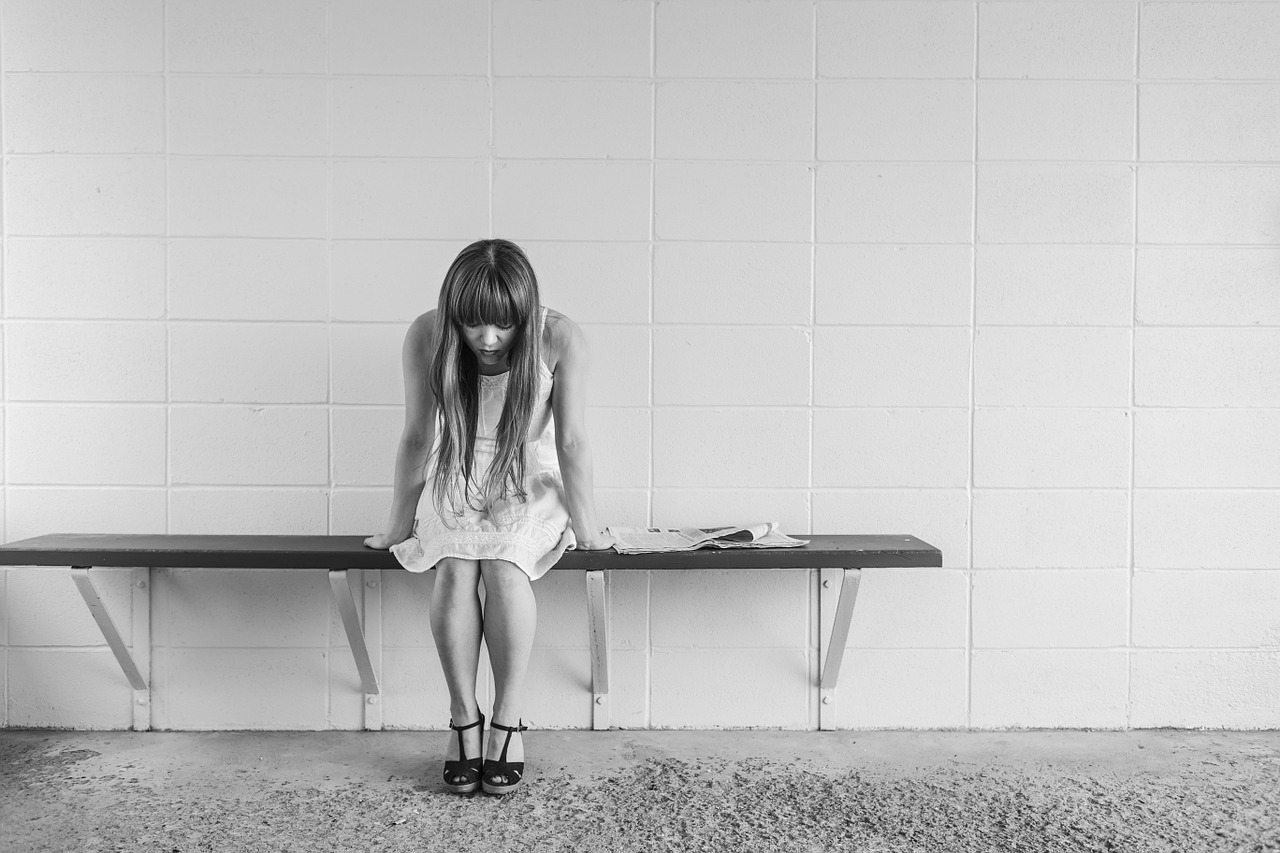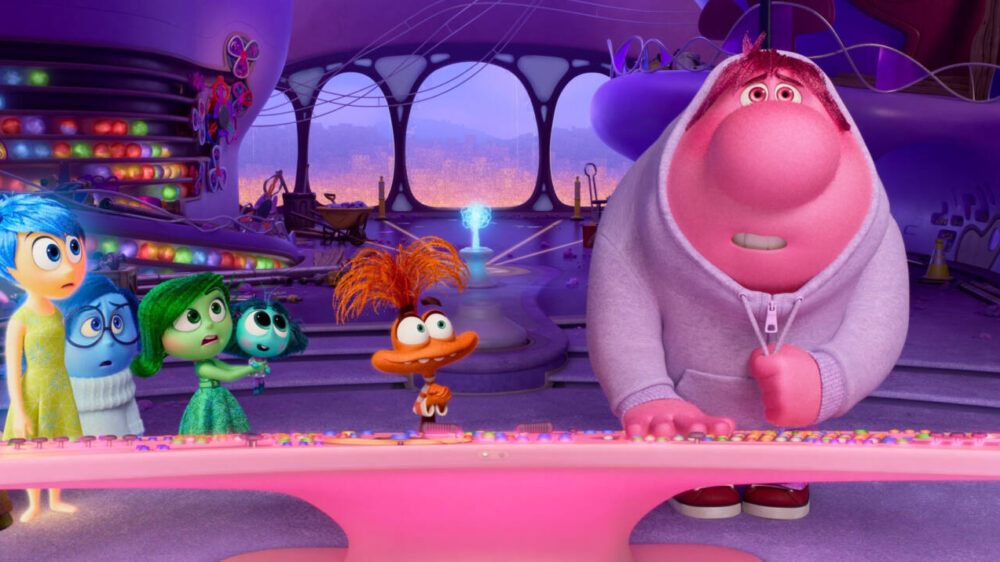Demi Lovato Wants People To Stop Using The Word ‘Bipolar’ Jokingly
Demi Lovato made headlines a few years ago when she had a very public nervous breakdown. From self-harm to violence against others to eating disorders, Lovato had her hands full with personal demons.
Many people assumed that the public meltdown would be the end of the talented Disney star’s career—but they were wrong. Instead, Lovato took accountability for her actions, sought help, overcame her demons, and became a inspiration for teens and adults everywhere who struggle with addiction and mental illness.
She has been brave and honest about her struggles, and it has helped to ease the stigma of mental illness in this country, especially among young people. If a famous, beautiful young woman can struggle with bipolar disorder, and still be successful and confident, then so can they.
But, here’s something Lovato has to say about her bipolar disorder. It really, really bugs her when she hears people using the term “bipolar” loosely. Such as, “Oh my gosh, I am super-emotional lately, I am so bipolar” or “I can’t make up my mind half the time, I am a bipolar head-case!”
As she tells Marie Claire, Lovato thinks that using the term “bipolar” in this manner is incredibly dismissive to people who really have bipolar disoder, and it also becomes problematic for people who might be on the fence about seeking mental health treatment. They might think that mental illness is a joke, or that they shouldn’t take their symptoms seriously.
“You don’t say, ‘I can’t decide what movie to watch, I’m so cancer,'” Lovato said in her interview with Marie Claire.
Similarly, mental health experts urge people not to use terms like “OCD” or “schizophrenic” in a flippant manner, such as “I just hate a dirty house, I am so OCD” or “I am just so schizo lately.”
Using mental illnesses as a punchline or as a causal turn-of-phrase takes away from the severity of mental health issues, and it could make real sufferers less likely to seek help. They might think “Oh, everyone is OCD” or “Everyone seems to be able to just ‘snap out of it’ when they are feeling bipolar, so I shouldn’t need help either.”
By coming out and reminding people that the words they use really matter, Lovato continues to be an absolute inspiration for young people everywhere. Lovato is also the executive producer of Be Vocal, a documentary that follows three young people who share one common experience: their lives were transformed when they spoke up for mental health.
https://www.instagram.com/p/BQ1NhpXFtAj/?taken-by=ddlovato
Here’s to speaking up, and to Disney stars who use their power for good.
If you need help finding mental resources in your area, please visit MentalHealth.gov or the National Suicide Prevention Lifeline.


